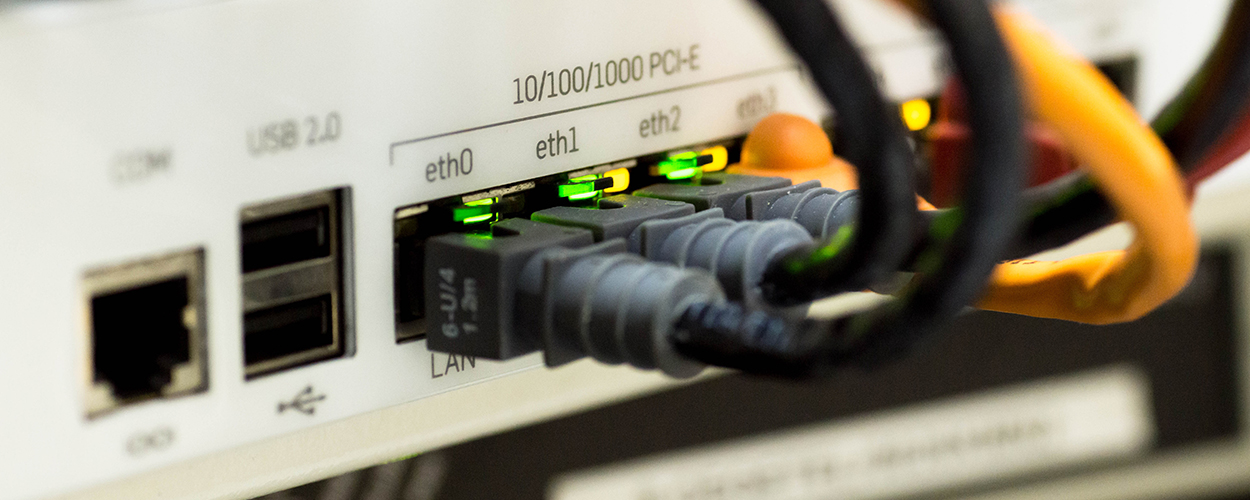This website uses cookies so that we can provide you with the best user experience possible. Cookie information is stored in your browser and performs functions such as recognising you when you return to our website and helping our team to understand which sections of the website you find most interesting and useful.
Business News Digital Legal Top Stories
EU court rejects ‘blame-it-on-the-parents’ defence in file-sharing case
By Chris Cooke | Published on Friday 19 October 2018

Back when file-sharing lawsuits were in vogue, one question came up quite often, especially once w-fi became the norm: what happens if someone who has been accused of online copyright infringement claims that someone else used their internet connection to do some sneaky infringing? The EU Court Of Justice answered that question yesterday, ruling that an accused infringer in Germany can’t escape liability for copyright infringement by simply saying that his parents had access to his wi-fi network.
This all began back in 2010 when a man called Michael Strotzer was accused by book publisher Bastei Lubbe of illegally sharing an audiobook that it published. The publisher ultimately demanded damages for the infringement that had occurred via Strotzer’s IP address. But he denied the allegations of infringement, pointing out that his parents also had access to his internet connection. Though he then failed to provide any information about when and how his parents had accessed the net.
Strotzer’s defence – basically blaming family members but providing no information about their use of his internet connection – arguably stood up because of the way European privacy law, and the so called ‘right to family life’, has been interpreted in Germany. However, the courts in Munich ultimately passed the matter up to the EU courts, asking judges there to balance the IP rights of Bastei Lubbe with the privacy rights of Strotzer. They yesterday sided with the copyright owner.
The court basically backed the opinion of the EU’s Advocate General, Maciej Szpunar, who considered the case earlier this year. He concluded in June that: “The right to respect for family life, recognised in article seven of the Charter Of Fundamental Rights of the EU, cannot be interpreted in such a way as to deprive right holders of any real possibility of protecting their right to IP”.
He also wrote that it was “for the referring court to determine whether Strotzer is abusing the right to protection of family life by invoking that right, not in order to protect the members of his family against liability for the infringement of copyright with which they clearly have no connection, but solely in order to escape his own liability for that infringement”.
The EU court formally endorsed that viewpoint yesterday, saying that privacy law shouldn’t be used to try to sidestep liability for copyright infringement by blaming a family member and then arguing further information cannot be divulged. Instead, judges said, a fair balance needs to be struck so that the individual’s right to a private and family life doesn’t block the right of a copyright owner who is seeking an effective remedy in relation to infringement.
Of course, in the music industry the rather loud safe harbour debate has tended to drown out discussions about more straight forward online piracy of late. Where litigation has been pursued in relation to online infringement, in more recent years music rights owners have tended to focus on the platforms and technologies infringers use, rather than suing the infringers themselves. Nevertheless, the effectiveness of common defences in infringement actions remain of interest to any IP owners who may or may not be looking to enforce their rights in the future.





